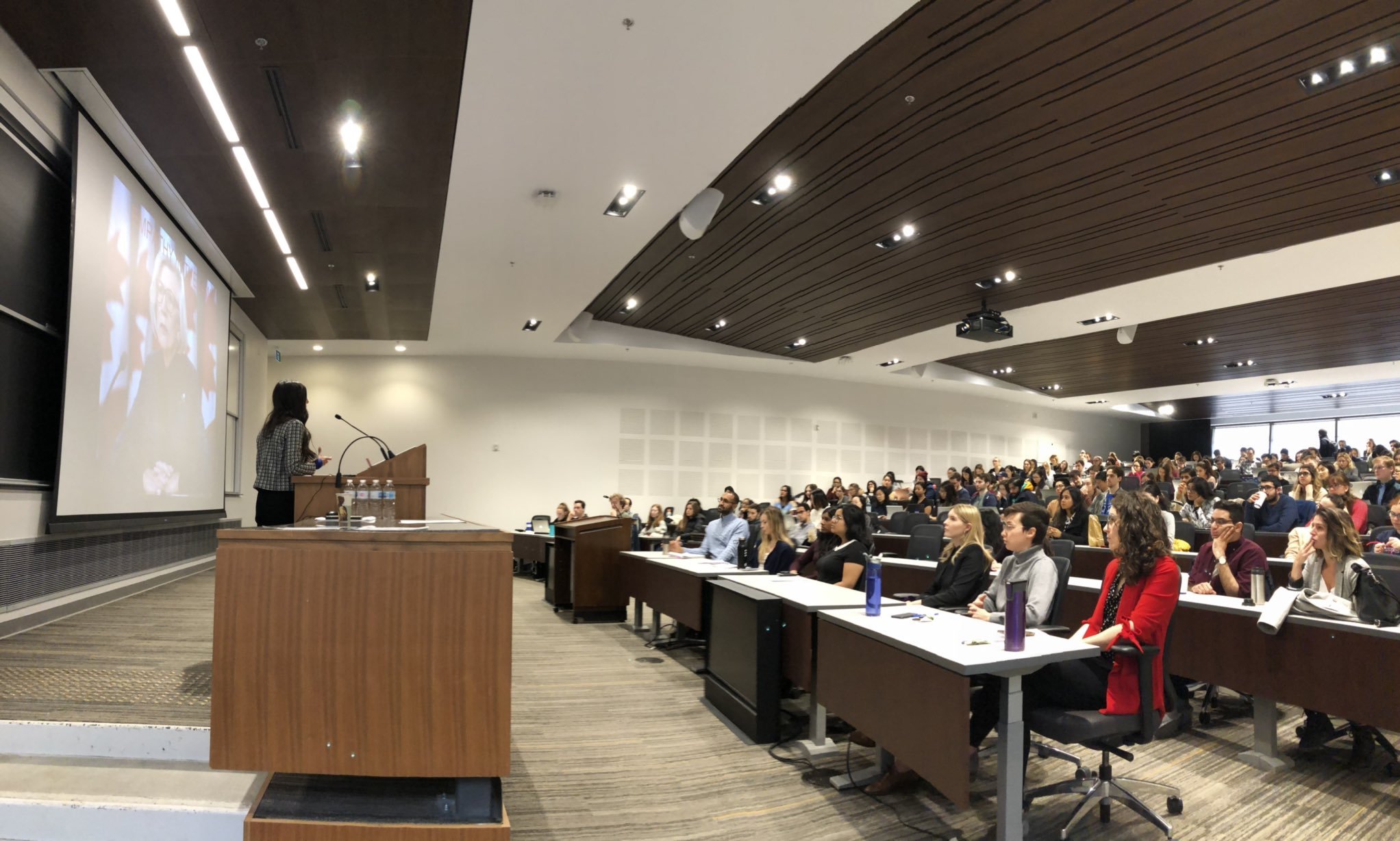
Cultural Humility & Empathy Training
Shifting from Passive to Active Forms of Reconciliation.
What is Level Justice’s Cultural Humility and Empathy Training?
Level has been facilitating cultural humility training sessions with legal professionals since 2012. Level Justice’s Cultural Humility and Empathy Training (“CHET”) is offered to law firms, organizations, non-profits, and other groups interested in advancing human rights, understanding the past and current realities of Indigenous communities, overcoming systemic biases, and shifting from passive to active forms of reconciliation. Every CHET session begins with an opening from an Indigenous Elder or Knowledge Keeper who provides a cultural teaching that may be related to the work the organization we are doing the training with engages in. Following this, attendees hear from the Level Justice team about topics covering Cultural Humility and Empathy.
Throughout the training, Level presenters share knowledge of the past and current lived realities of Indigenous communities throughout Canada, and attendees are given the unique experiential opportunity to engage with the concepts that they are learning. At the end of the training, the Level presenters discuss action items that attendees can take away to begin or continue their journey of allyship and solidarity with Indigenous communities.
What is the Benefit of Level Justice’s Cultural Humility and Empathy Training?
Level Justice’s Cultural Humility and Empathy Training (“CHET”) allows attendees to understand how history impacts current and future realities, how personal and professional systemic biases influence the way attendees interact with others, how attendees can approach work with empathy and allyship and how attendees can shift from passive to active forms of reconciliation.
When offering to law firms and lawyers, a unique benefit is a qualification for CPD and EDI hours.

Indigenous youth make up only 8 percent of the youth population in Canada, but they represent 50 percent of youth custody admissions.
That means almost half of youth in prison are Indigenous. Incarceration of youth in Canada has decreased since 2012, but the number of Indigenous youth in jail has steadily increased. Canada’s prisons have been referred to as the “new residential schools.”
FAQs
-
Level's Cultural Humility & Empathy Training (CHET) responds to the overrepresentation of incarcerated Indigenous peoples, lack of diversity in the legal profession, and systemic racism in the overall legal system.
CHET involves critical self-reflection on how personal and systemic biases impact the way we interact and fosters tools to approach our future work and personal lives with cultural humility and empathy.
-
Participants will:
Increase their knowledge on the histories and lived realities of Indigenous communities.
Learn to shift from a passive form of reconciliation to a more active one.
-
Indigenous elders and/or knowledge keepers will open the training, and then the Level Justice will lead the remainder of the training. We include discussion prompts, interactive group activities, and take-home resources to help us put your learning into action.
-
Embracing cultural humility rather than mere cultural competence involves approaching work from a place of allyship and understanding. That is why we include Indigenous leaders from multiple backgrounds to provide insight on diverse cultural teachings and histories.
-
Empathy, or the capacity to understand or feel what another is experiencing, is a skill that is not necessarily promoted, fostered or developed throughout adulthood. However, building empathy allows you to understand better the root causes and impacts of barriers to justice and provides tools to approach work from the client’s perspective.
-
We recommend a 2-hour training session.
1 hour Cultural Humility Training includes:
15-minute introduction with an Indigenous Elder/Knowledge Keeper
30-minute education on Cultural Humility
15-minute engagement activity
1 hour Empathy Training includes:
30-minute presentation on Empathy
30-minute Empathy engagement activities and discussion.
Level-Up your Organization
Book Cultural Humility & Empathy Training
Anonymous Participant
“This training should be offered at every law school and law society as a mandatory requirement.”
Law Society of Saskatchewan

